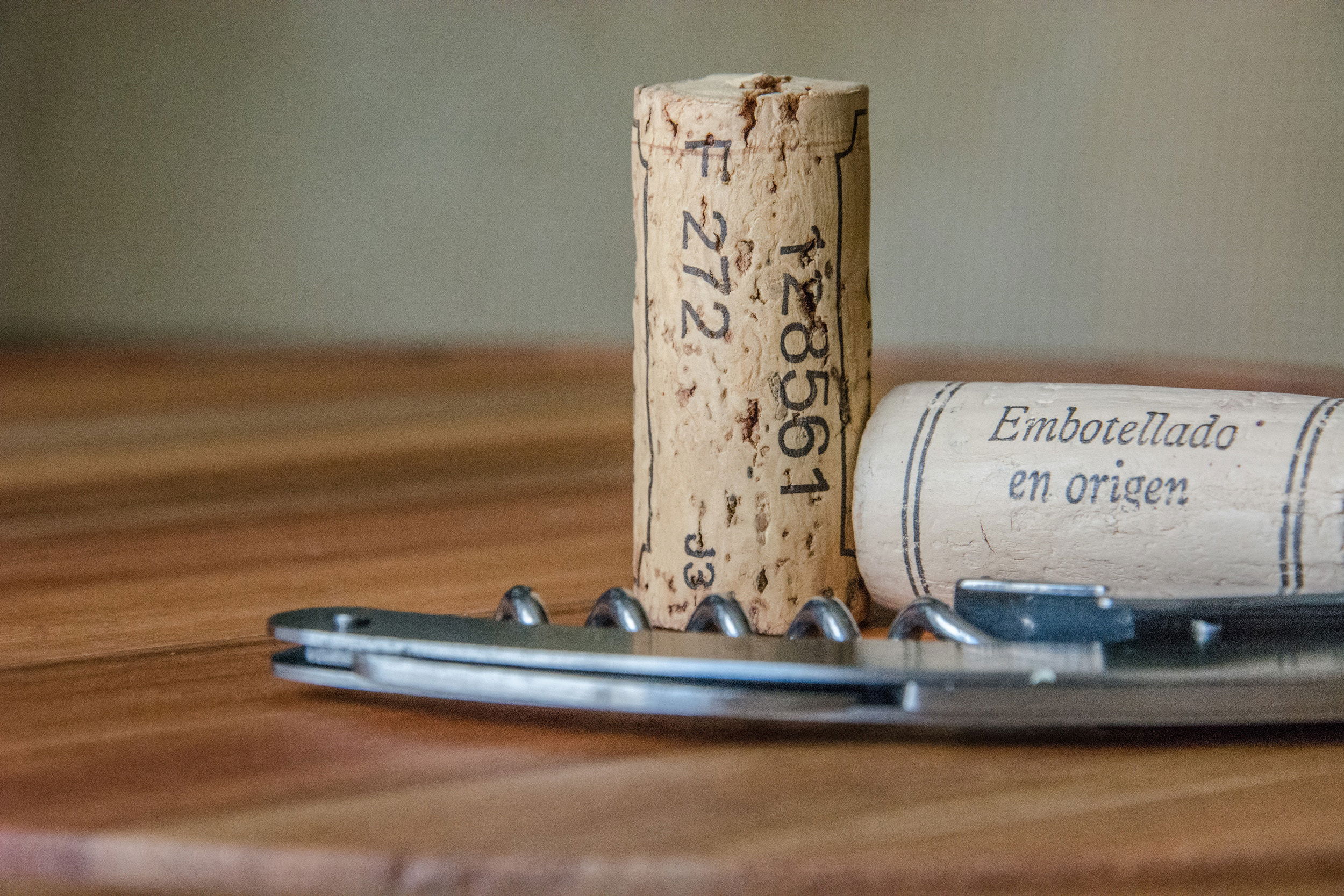The Origins of Sommeliers
The role of a sommelier is often associated with fine dining and the world of elite wines, but the history behind this profession is as rich and complex as the flavors they can discern in a glass of vintage Bordeaux. The origins of sommeliers take us back to the Middle Ages, tracing a fascinating evolution through the Renaissance, the age of royal courts, and into the bustling restaurants of the modern era. Here is an exploration of the pivotal points in the history of sommeliers.

The Etymology of 'Sommelier'
The term "sommelier" derives from a French word that originally referred to a royal officer charged with transporting supplies. An even older origin points to the Old Provençal word "saumalier," or pack animal driver. Eventually, the role and title evolved to focus on the carriage and inventory of wine.
Medieval Origins
The roles resembling that of a sommelier appeared in the Middle Ages, where individuals were responsible for the safekeeping and serving of wine in noble or wealthy households. These wine experts, sometimes called “butlers” or “cupbearers,” were trusted members of the household staff.
The Renaissance – Growing Importance
During the Renaissance, as trade routes expanded and the variety of available wines increased, knowledgeable wine servers became even more valuable. The aristocracy and burgeoning merchant class prided themselves on serving fine wines and required experts to manage their cellars and ensure the highest quality at banquets and feasts.
The Guild of Sommeliers
In the seventeenth century, the profession began to take on a more formal structure with the creation of the sommelier guild in France. This establishment helped to regulate and provide training for the profession, setting standards for service and expertise that are recognizable in today’s wine service industry.
Royal Court Influence
By the eighteenth century, the position of the sommelier became prominent in royal courts, especially in France, where the sommelier was responsible for the royal cellar and often played a role in the selection and purchasing of wines. The prestige of the position rose with the sealing of the Court of Master Sommeliers in London, a significant development in professional recognition.
The Birth of Modern Sommeliers
With the second half of the nineteenth century came the rise of grand hotels and fine dining restaurants, along with the emergence of the modern concept of a sommelier as we know it. These sommeliers were no longer servants but highly trained professionals, whose expertise heavily influenced the dining experience.
Towards Certification
The mid-twentieth century saw the introduction of formal sommelier certifications, with organizations such as the Court of Master Sommeliers established in 1969 and the International Sommelier Association in 1973. These certifications helped in maintaining the high standards required for expert wine service.
Modern-Day Sommeliers
Today, sommeliers are essential figures in the hospitality industry, with their role extending beyond wine to encompass spirits, beers, and even non-alcoholic beverages. They are expected to have a broad palate, deep understanding of food pairings, and even knowledge of wine laws and the global wine market.
Technology and Wine Service
Advances in technology have also influenced the sommelier profession. From digital wine lists to extensive databases that track vintage variations, modern sommeliers must be as adept with technology as they are with a corkscrew. This blending of old-world knowledge with contemporary tools illustrates the evolving nature of the sommelier's role.
Educational Evolution
As the gastronomy world has become more sophisticated and globalized, so too has the education required for a sommelier. Wine education programs now include courses on the history of wine, viticulture, vinification, and even the molecular composition of wine and its impact on taste.
The Sommelier's Influence
What began as a functional role in preserving and serving wine has matured into one of influence and respect within the culinary world. A sommelier's recommendations can set trends, affect wine sales, and even influence the production of wine.
Challenges and Adaptation
Sommeliers today must navigate challenges ranging from climate change affecting wine regions to changing consumer behavior and the rise of natural and biodynamic wines. Their adaptability and continuous learning are core to their iconic status within the food and wine industry.
Cultural Expansion
The cultural significance of sommeliers has also broadened, with the profession being celebrated in documentaries such as 'Somm' and TV shows. There's a growing interest in what it takes to become a sommelier, illustrating the profession's appeal beyond the wine cellar and dining room.
Women in the Profession
Historically a male-dominated field, the sommelier profession has seen an encouraging trend of more women entering the field, bringing diverse perspectives and changing the landscape of wine service. Many have achieved the highest certifications, proving that the profession's future will be shaped by a more inclusive array of voices.
The Role of Ethics
Lastly, alongside their knowledge and expertise, sommeliers carry a responsibility to uphold ethical standards in sourcing and recommending wines. Issues such as sustainability, labor practices, and authenticity have become part of the conversation, signifying a sommelier's role in championing ethical practices in the wine industry.
The sommelier's journey from pack animal driver to modern-day wine expert is a testament to the evolving nature of culinary arts and hospitality. Through a combination of tradition and innovation, the sommelier has emerged as a vital link between the terroir of a wine and the tables of the world's finest restaurants. As wine culture continues to expand and adapt to the challenges of our time, the future of sommeliers is sure to unfold with new chapters just as intriguing as its origins.


